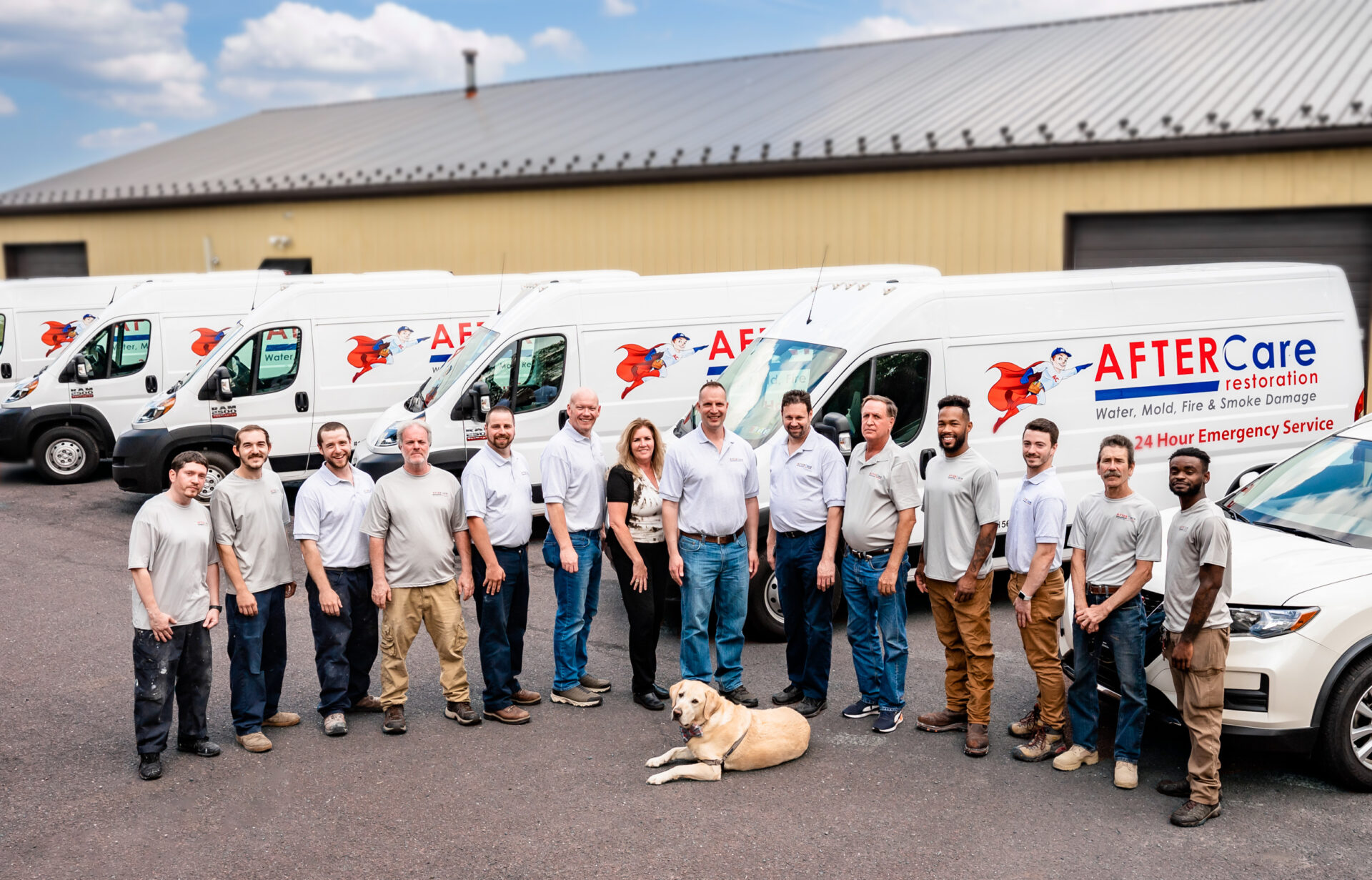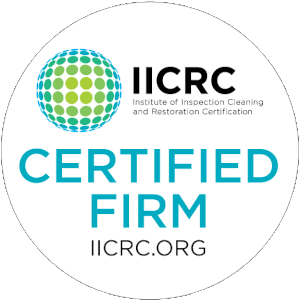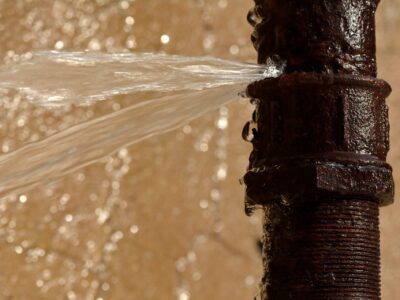




CALL 24/7 AFTERCARE RESTORATION 215.515.1000
Winter is just around the corner, and with it comes two things that can lead to significant water damage in your home and business: cracked pipes and a leaky roof. Between frozen pipes and roofs piled deep with snow, avoiding water damage in the winter can seem like a daunting task.
Fortunately, there are a few steps you can take to help ensure that winter’s chill doesn’t lead to a hefty repair bill.
Up on the Roof
In the old Motown song, the roof is where people escape for a relaxing summer evening. In the winter, though, your home’s roof is the resting place for a less-welcome visitor: heavy loads of snow and ice.
As your heating system warms your home, some heat escapes through the roof, melting the lower layers of snow and creating a significant amount of water. Without proper drainage systems in place, the only route for that water is down through the roof, into the attic, and finally onto the ceiling or into your home’s walls.
Here are some tips to help keep that wintry precipitation outside where it belongs.
Clean Out Gutters
One of the leading causes of snowmelt entering a home is clogged gutters. As the snow on your roof melts, it flows down the roof’s slope. Ideally, that water rolls off the roof and into your gutters, which carry it safely down to ground level.
Throughout the fall and early winter, make a point of cleaning out your gutters. Fall leaves can quickly clog a home’s gutters in just a few weeks, so give them a good clean-out at least once after the last leaves have fallen and before the snow starts in earnest.
Clear Your Roof After Heavy Snow
After a particularly heavy snow, you may have several inches of the white stuff piled up on your roof. In addition to causing a leak threat, heavy snow loads can lead to structural collapse.
If you have a heavy load of snow on your roof, use a long-handled snow rake to clear the roof. Resist the temptation to climb up and remove the snow with a shovel or leaf blower – lower layers of snow may have been compacted into slippery ice. Ice + roof + you = serious medical expenses.
Insulate Your Attic
Addressing this issue is an excellent opportunity to take care of two issues simultaneously. If your home’s attic is uninsulated or improperly insulated, heat is lost through your roof. This heat loss has two main repercussions:
- You’re paying more to heat your home, and a significant amount of your heating budget is escaping through the roof.
- The heat escaping will melt snow and ice more quickly than it would naturally melt and does so from the bottom up, leading to potential roof leaks.
Insulating your attic will help ensure that your heating stays inside where you want it. It will also help ensure that the snow and ice on your roof melt naturally from the top down, making it far easier for your roof to shed water and prevent snow-induced leakage.

Pipes Are For Water, Not Ice
The most common cause of winter flooding in most homes is the dreaded burst pipe. Unlike nearly every substance known to man, water expands when it freezes, and inside a sealed pipe, that expansion can cause joints to crack, seals to break, and even split pipes open. Once the ice melts, that water has unimpeded access to flood your home.
Before the season’s hard freezes arrive, take some time to winterize your plumbing properly:
- Ensure all outside hoses are completely disconnected from their faucets to prevent ice from forming in the hose or faucet and then seeding further ice growth back into the foundation.
- Make sure your foundation or basement is well sealed. Close any crawlspace vents to keep cold air away from your pipes.
- Any pipes in particularly vulnerable locations should be wrapped with pipe insulation. Ensure the insulation is applied and secured according to the manufacturer’s instructions.
- Leave under-sink cabinet doors open to allow warm air to circulate around the supply lines.
- If a particularly hard freeze is forecast, consider using a heat wrap, electric heater, or other heat source in areas where pipes might be exposed to icy conditions. Never use an open flame heat source to keep pipes warm.
- Pay special attention to your hot-water plumbing. Due to a still-unexplained phenomenon, hot-water pipes tend to freeze before cold-water pipes.
If you do experience a burst pipe, cut off the water as soon as you’re aware of the break to prevent or minimize the flooding:
- If a cold-water pipe bursts, cut off the water supply to the house at the meter (or at the pump if you use a well).
- If a hot-water pipe bursts, turn off the house’s hot water supply by closing the entrance valve to the water heater (make sure to turn off the gas or electrical supply to the water heater before closing the valve).
If Winter Weather Has Caused Water Damage in Your Home, Contact AfterCare Restoration Right Away to Begin Mitigation and Restoration: 215.515.1000
Related Articles:
- Can I Get Federal Assistance for Water Damage Restoration After a Flood?
- How to Recover Personal Items After Water Damage
AfterCare Restoration is a Local Family- & Veteran-Owned damage restoration company. We specialize in 24/7 water damage restoration, fire board-up, fire damage restoration, smoke damage restoration, and full reconstruction services.
At AfterCare, we use the latest technology, arrive in marked vehicles and professional uniforms, and stand 100% behind our work. This is why at AfterCare, we consistently receive 5 star reviews from customers who choose AfterCare for water damage cleanup and fire and smoke damage restoration.
RESIDENTIAL AND COMMERCIAL WATER & FIRE DAMAGE RESTORATION SERVICES AVAILABLE:
CALL 24/7 AFTERCARE RESTORATION 215.515.1000
- Allentown PA
- Ambler PA
- Audubon PA
- Blue Bell PA
- Collegeville PA
- Chalfton PA
- Coopersburg PA
- Doylestown PA
- East Greenville PA
- Fort Washington PA
- Harleysville PA
- Hatfield PA
- King Of Prussia PA
- Lansdale PA
- Macungie PA
- New Hope PA
- Newtown PA
- North Wales PA
- Pennsburg PA
- Perkasie PA
- Red Hill PA
- Plymouth Meeting PA
- Quakertown PA
- Schwenksville PA
- Skippack PA
- Souderton PA
- Telford PA
- Warminster PA
- Wayne PA
- Willow Grove PA
